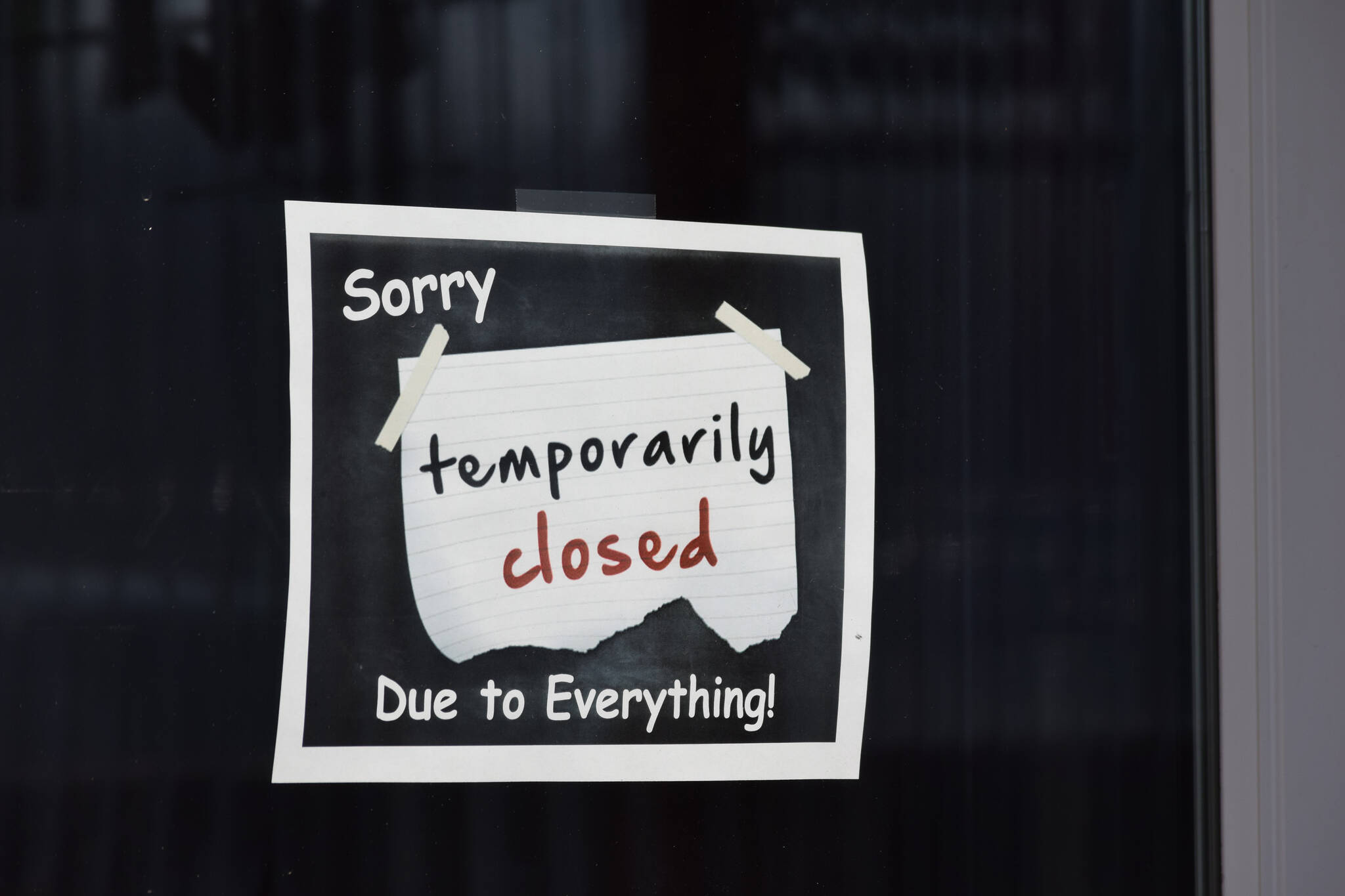By Steve Brown
SBA Alaska District director
The pandemic has shown Alaskans the critical importance that small business plays in both our local and national economies. It was critical for entrepreneurs to immediately change their business models and pivot to a new way of selling their products and services overnight. The U.S. Small Business Administration is highlighting the resilience of America’s entrepreneurs and the renewal of the small business economy as they build back better from the economic crisis brought on by the pandemic.
Though beating the pandemic is still front and center in moving our economy forward, our nation is still vulnerable to a variety of natural disasters including wildfires, earthquakes, blizzards and drought. History has shown that up to 25 percent of businesses that close because of disaster never reopen. All Alaska businesses should develop a workable crisis preparedness plan that takes into consideration what we learned over the last 18 months from the pandemic. The following are six simple business strategies a business can use for future crises.
1. Evaluate your exposure. Know your community and the types of disasters most likely to impact your business. Consider your facility’s proximity to flood plains, wildfire areas, rivers and streams, and other hazards. Of course, the COVID-19 pandemic should be the first exposure issue on the list.
2. Review your insurance coverage. Consult your insurance agent to determine whether your coverage is sufficient and what it covers. You may need separate flood insurance and determine what is or is not covered during a pandemic. Check into business interruption insurance, which helps you cover operating expenses if you’re forced to temporarily close.
3. Review and prepare your supply chain. With nearly 80% of our consumable goods being shipped into Alaska, planning for a disruption within your business is critical to serving customers during their time of crisis. Establish business relationships with alternate vendors in case your primary supplier isn’t available. Place occasional orders with them so they’ll regard you as an active customer. Create a contact list for important business contractors and vendors you plan to use in an emergency. Keep this list at an off-site location. At the start of the pandemic many food suppliers temporarily ceased operations and were not able fulfill their customer’s orders.
Create a crisis communications plan. At the beginning of the pandemic many business owners did not have current contact information for their employees and vendors. Establish an email/Twitter/Facebook alert system, keeping primary and secondary email addresses for your employees, vendors and customers. Provide real-time updates to your customers/clients and the community so they know you’re still in business and in the process of rebuilding following a crisis.
5. Establish a written chain of command. Let your employees know the emergency chain of command should your business close. Maintain a clear leave- and sick-day policy during disasters. Have a backup payroll service should your office be destroyed.
6. Create/implement a Business Continuity Plan. This plan should state when it will be activated; identify essential business functions, and staff to carry out these functions; determine which employees will be considered nonessential versus essential; and identify records and documents that must be secured and readily accessible to perform key functions. All of this may need to be done remotely from home.
Developing an effective and workable crisis recovery plan is critical for all small business owners. For more information on crisis planning, and SBA’s ongoing COVID-19 relief programs, please visit www.sba.gov/disaster.
Steve Brown is the SBA’s Alaska District director based in Anchorage. He oversees all of the agency’s programs and services across the state.

